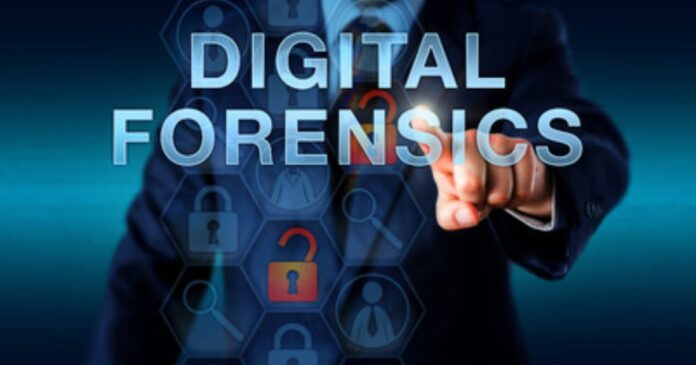Unraveling Digital Mysteries: Navigating the World of Digital Forensics
Digital Forensics stands as the guardian of digital evidence, employing investigative techniques and technological expertise to uncover and analyze digital artifacts that play a crucial role in legal proceedings, cybersecurity investigations, and criminal justice. In an era marked by pervasive digitalization and cyber threats, Digital Forensics plays a pivotal role in preserving digital integrity, protecting sensitive information, and ensuring accountability in the digital realm. In this article, we embark on a journey into the world of Digital Forensics, unveiling its significance, applications, and the top institutions driving progress in this critical field.
Understanding Digital Forensics:
Digital Forensics, also known as computer forensics or cyber forensics, is the process of collecting, analyzing, and presenting digital evidence in a legally admissible manner. It involves the systematic examination of digital devices, networks, and data storage systems to uncover evidence of cybercrimes, data breaches, intellectual property theft, and other illicit activities.
At its core, Digital Forensics combines elements of computer science, law, and investigative techniques to identify, preserve, and analyze digital evidence that can be used in criminal investigations, civil litigation, and regulatory compliance. It encompasses a wide range of activities, including data recovery, network forensics, malware analysis, and mobile device forensics.
Applications of Digital Forensics:
The applications of Digital Forensics are diverse and encompass various domains, including:
- Cybercrime Investigations: Digital Forensics plays a crucial role in investigating cybercrimes such as hacking, malware attacks, identity theft, and online fraud. It involves analyzing digital evidence to identify perpetrators, trace their activities, and gather evidence for prosecution.
- Incident Response and Cybersecurity: Digital Forensics is essential for incident response teams tasked with detecting and responding to cybersecurity incidents such as data breaches, ransomware attacks, and insider threats. It involves analyzing system logs, network traffic, and malware samples to identify the scope and impact of security incidents.
- Electronic Discovery (eDiscovery): Digital Forensics is used in civil litigation and legal proceedings to uncover electronic evidence relevant to legal disputes, regulatory investigations, and compliance audits. It involves collecting, preserving, and analyzing electronic documents, emails, and other digital records for use as evidence in court.
- Intellectual Property Protection: Digital Forensics is employed by organizations to protect intellectual property such as trade secrets, patents, and proprietary information from theft and unauthorized disclosure. It involves monitoring employee activities, conducting forensic analysis of digital assets, and implementing data loss prevention measures.
Top Institutions Driving Progress in Digital Forensics:
- Carnegie Mellon University (CMU): CMU’s CyLab Security and Privacy Institute offers interdisciplinary programs in Digital Forensics and Cybersecurity that combine technical expertise with legal and policy considerations.
- University of Maryland, College Park: UMD’s Maryland Cybersecurity Center offers programs in Digital Forensics and Cybersecurity that emphasize hands-on experience, research collaboration, and industry partnerships.
- George Mason University: George Mason’s Center for Digital Forensic Science offers programs in Digital Forensics and Cybersecurity that focus on investigative techniques, forensic tools, and legal procedures.
- Sam Houston State University: SHSU’s College of Criminal Justice offers programs in Digital Forensics and Cybersecurity that prepare students for careers in law enforcement, corporate security, and government agencies.
- University of Central Florida: UCF’s Department of Computer Science offers programs in Digital Forensics and Cybersecurity that cover topics such as forensic analysis, incident response, and malware analysis.
Conclusion:
Digital Forensics plays a critical role in uncovering digital evidence, protecting digital assets, and ensuring accountability in the digital age. By combining technical expertise with legal and investigative skills, Digital Forensics professionals are at the forefront of combating cybercrimes, safeguarding data integrity, and upholding the rule of law. As the demand for digital forensic expertise continues to grow, top institutions are offering comprehensive programs that equip students with the skills, knowledge, and practical experience needed to excel in this dynamic and rewarding field. Through their dedication, innovation, and commitment to justice, Digital Forensics professionals are shaping the future of cybersecurity and making cyberspace a safer and more secure environment for all.

